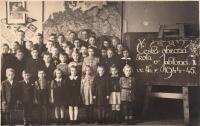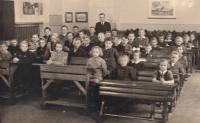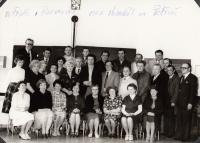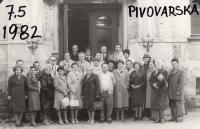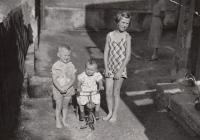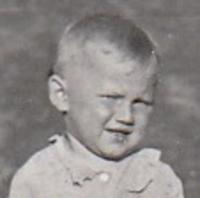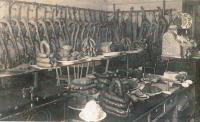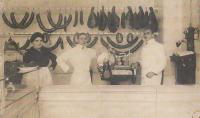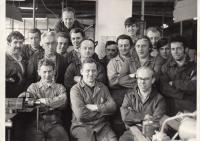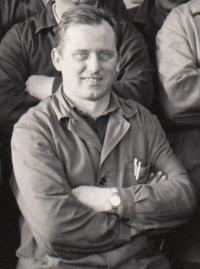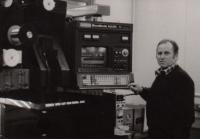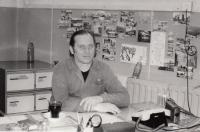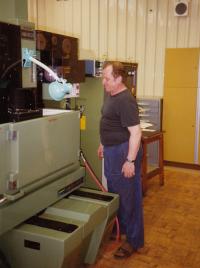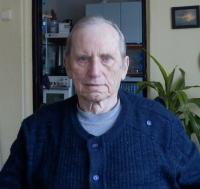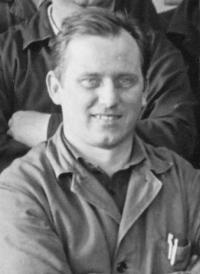As children, political matters did not interest us; we did not understand the war at all.

Download image
Milan Čapek was born on 1 March, 1935 in Jablonec nad Nisou, where he lived during the time of the war. After the war, he helped his parents run their butchery. In 1948, they had to close it down due to political uprisings. They moved to nearby Nová Ves and began farming there instead, but not for long. The socialist agriculture policy forced them to enter the agricultural cooperative, and In 1950, Milan Čapek began working as handyman in a locksmith’s workshop of the company Naveta. Within the company, he was transferred to work in the toolroom and entered into a three-year tool training. He finished his training in 1953, and then continued to serve for twenty seven months for the military service at the border patrol in České Budějovice. Then he returned to Naveta, later known as Elitex. Twice he was elected the toolroom manager, but since he was not a member of the communist party, he was repeatedly deposed from the position. He has memories of the company events in November 1989. After the Velvet Revolution1 he became the toolroom manager and worked for TTP Elitex in the supply and cooperation division from 1996 until 2002. He is married and has a daughter Milena and a son Milan. He currently resides in the suburbs of Jablonec nad Nisou.
